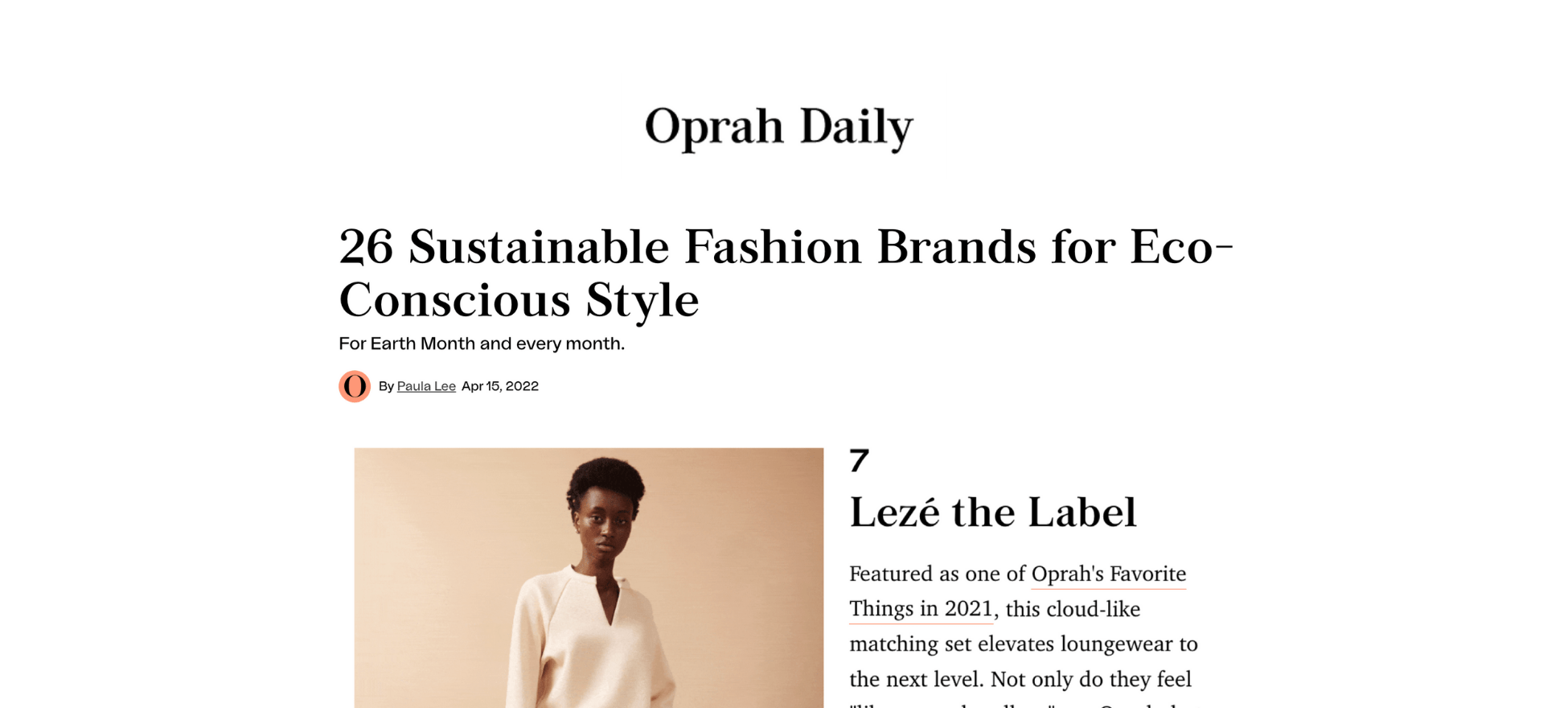
Sustainable Style: Leading the Way with Eco-Friendly Fashion Brands
In an era where environmental consciousness is gaining momentum, eco-friendly fashion brands are taking center stage, transforming the industry towards sustainability. These brands not only prioritize style but also embrace ethical practices, promoting a more responsible and eco-conscious approach to fashion.
The Rise of Eco-Friendly Fashion Brands
Eco-friendly fashion brands have gained significant traction in recent years as consumers increasingly seek sustainable alternatives. These brands are redefining the fashion landscape by adopting practices that minimize environmental impact, from sourcing materials responsibly to implementing ethical manufacturing processes.
Sustainable Materials and Ethical Sourcing
One key characteristic of eco-friendly fashion brands is their commitment to using sustainable materials. From organic cotton and bamboo to recycled polyester and innovative plant-based fabrics, these brands prioritize materials that have a lower environmental footprint. Ethical sourcing ensures that the production chain respects fair labor practices, supporting both workers and the environment.
To explore further insights into sustainable fashion brands, visit Eco-friendly fashion brands.
Circular Fashion: Reducing Waste through Recycling
Eco-friendly fashion embraces the concept of circular fashion, which aims to reduce waste by designing products with longevity and recyclability in mind. Brands participating in circular fashion initiatives encourage customers to return old clothing for recycling, closing the loop on the fashion life cycle and minimizing the environmental impact of discarded garments.
Transparency and Consumer Education
Leading eco-friendly fashion brands prioritize transparency, providing consumers with information about their sourcing, manufacturing processes, and environmental initiatives. Consumer education is a crucial aspect, empowering individuals to make informed choices about the brands they support. This transparency builds trust and fosters a sense of shared responsibility for sustainable fashion practices.
Innovative Design and Timeless Style
Contrary to the fast fashion model, eco-friendly brands focus on creating timeless pieces with innovative design. By prioritizing quality over quantity, these brands encourage a more thoughtful approach to fashion consumption. Sustainable fashion is not just about being eco-conscious; it’s also about investing in pieces that stand the test of time in both style and durability.
Collaborations and Sustainable Initiatives
Eco-friendly fashion brands often collaborate with like-minded organizations and engage in sustainable initiatives. These collaborations can range from supporting environmental causes to partnering with artisans and local communities. By leveraging collective efforts, these brands contribute to a broader movement towards a more sustainable and socially responsible fashion industry.
The Impact of Eco-Friendly Choices on the Environment
Choosing eco-friendly fashion has a direct positive impact on the environment. By opting for brands that prioritize sustainability, consumers play a role in reducing carbon footprints, conserving natural resources, and promoting biodiversity. The cumulative effect of these choices contributes to a healthier planet and a more sustainable future.
Affordability and Accessibility of Sustainable Fashion
As eco-friendly practices become more mainstream, there is a growing emphasis on making sustainable fashion affordable and accessible. Many eco-conscious brands are working to dispel the notion that sustainability comes with a hefty price tag. By offering reasonably priced options, they aim to make sustainable fashion choices accessible to a broader consumer base.
Consumer Influence: Shaping the Future of Fashion
The power of consumers in driving change cannot be overstated. As more individuals choose eco-friendly fashion brands, they send a strong message to the industry. This shift in consumer behavior creates a demand for sustainable practices, influencing other brands to adopt eco-friendly measures and contribute to a more environmentally conscious fashion landscape.
Conclusion: Embracing Sustainable Fashion for a Better Future
Eco-friendly fashion brands represent a positive shift in the fashion industry, demonstrating that style and sustainability can coexist. By supporting these brands, consumers contribute to a movement that values ethical practices, environmental responsibility, and a vision for a more sustainable and equitable future.
To learn more about eco-friendly fashion brands, visit Eco-friendly fashion brands.
